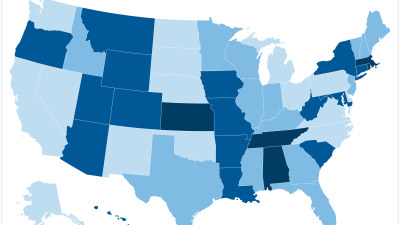 Medicaid Administrative Data: Challenges with Race, Ethnicity, and Other Demographic Variables
Issue Brief
Medicaid Administrative Data: Challenges with Race, Ethnicity, and Other Demographic Variables
Issue Brief
There are persistent disparities in health and health care for people of color, which reflect structural and systemic inequities rooted in racism and discrimination. High-quality comprehensive data are key to enabling policymakers, community leaders, and other key stakeholders to identify and address these inequities and measure progress over time. Medicaid/CHIP administrative data, also known as Transformed Medicaid Statistical Information System (T-MSIS) or TAF (T-MSIS Analytic File), hold the potential to inform disparities research through detailed demographic, service utilization, and spending data of Medicaid and CHIP beneficiaries —but there are current limitations.